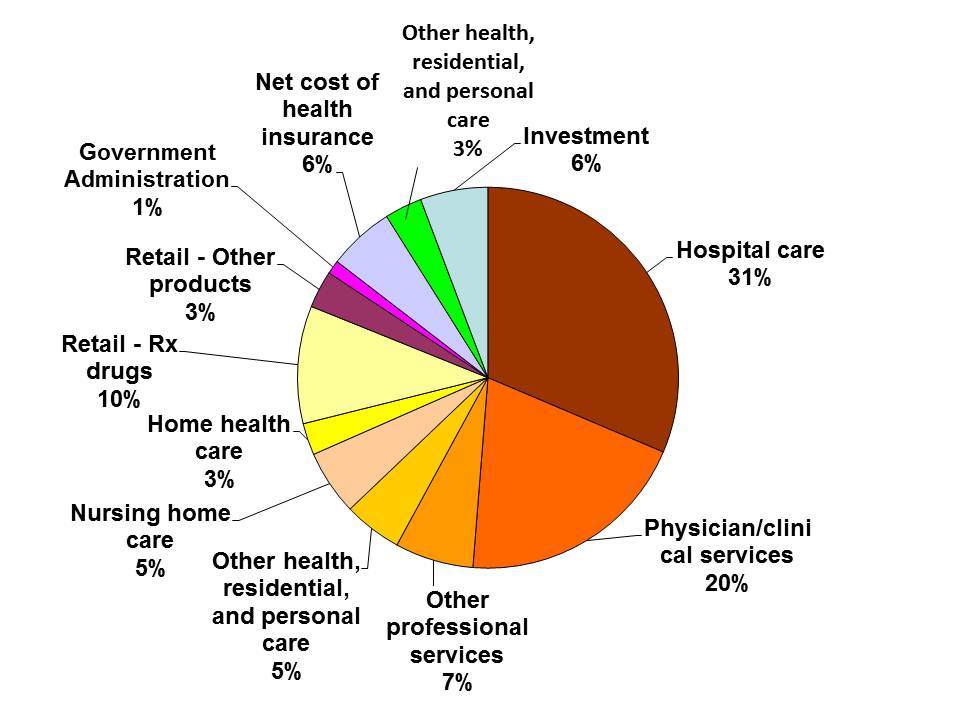By Vanessa Radatus
Despite the Supreme Courts’ decision to uphold Obama’s Affordable Care Act this month, heated debate over its future blazes on.
Opponents of the Act vow to “repeal and replace” the mandate and claim they will continue to provide the same improvements, yet refuse to explain how they will pay for such improvements. On the other hand, supporters of the law propose that 30 million uninsured Americans will gain coverage and the policy will eventually reduce health care spending. But this is only the first step to curbing health costs and improving the quality of our health care system.
Christina D. Romer, an economics professor at the University of California, Berkeley provides a valid perspective in her New York Times article, “Only the First Step in Containing Health Costs.” As the former chairwoman of President Obama’s Council of Economic Advisers, she explains that while Obama’s healthcare plan is a step in the right direction the law must be expanded and built upon.
“Despite Republican claims that the law is a budget buster, the Congressional Budget Office, the nonpartisan, official scorekeeper on budget matters, estimated it would actually reduce the deficit over the next 10 years. Such fiscal responsibility is in stark contrast to the last major health care legislation, the Medicare prescription drug benefit passed in 2003, which was projected to add nearly $400 billion to the 10-year deficit,” writes Christina Romer.
The fact is, the U.S. spends substantially more on health per capita than many other developed countries but we don’t have superior health system performance, according to the Organization for Economic Co-operation and Development (OECD). Even more, other developed countries actually enjoy the benefits (longer life expectancy and health) even though they pay a third less. Read more at “5 Reasons Why Health Care Costs Continue to Rise.”
Romer writes, “Sadly, serious debate over further cost-savings measures may be a long way off. Some Republicans seem more interested in just limiting the government’s share of health care expenditures than in slowing overall spending. And some Democrats seem more interested in just preserving existing government programs than in making the entire health care system more efficient.” Read More…
In an US News article “Bickering over Affordable Care Act Gets Us Nowhere,” David Brodwin, cofounder and board member of American Sustainable Business Council, agrees that our government is wasting time arguing over the mandate and should be focusing on finding a solution together.
David Brodwin writes a list of what he believes a true fiscal conservative would do to solve the healthcare challenge:
- Stop making promises you can’t keep to win the vote. Pretending that we can maintain the coverage improvements that Obamacare brings without a plausible plan to pay for these improvements just won’t work.
- Address the “free riders” who drive costs up. There has been significant discussion about our nations’ uninsured who consume healthcare services paid for by others. “But an equally damaging free rider problem allows the rest of the world to ride free on what Americans pay for their drugs. It’s well known that U.S. residents pay far more for prescription medicines. The extra revenue, arguably, goes to finance the tremendous R&D costs for advanced medications and devices. As a result, the rest of the world gets to enjoy the new and better drugs but not pay their fair share of development costs. This needs to stop. The American public cannot finance the world’s healthcare,” Brodwin says.
- Be willing to challenge overutilization. ” Doctors continue to prescribe drugs and procedures that haven’t been shown to work. We can debate whether we want a “government bureaucrat between you and your doctor” or an “insurance company bureaucrat between you and your doctor.” We can’t solve the underlying problem without seeking quality cost-effective treatments.
- Recognize that we can’t improve health care spending unless we wring excess cost out of the system. “The level of marketing and administrative overhead in our system far exceeds the spending elsewhere in the developed world… Either we must stimulate more direct competition among providers and insurers, or we must regulate to ensure that the money charged goes toward care, not overhead.” Read More…
What our nation really needs is to put our partisan driven views aside and agree on a solution that meets our nations’ enormous medical spending challenge. We spent $2.7 trillion on health care expenditures last year and it’s projected to rise in the coming decade. With or without the Affordable Care Act, the U.S. health care system will remain broken until an altruistic agreement is made.
Join the Conversation!
How would you fix the United States Health Care System?

